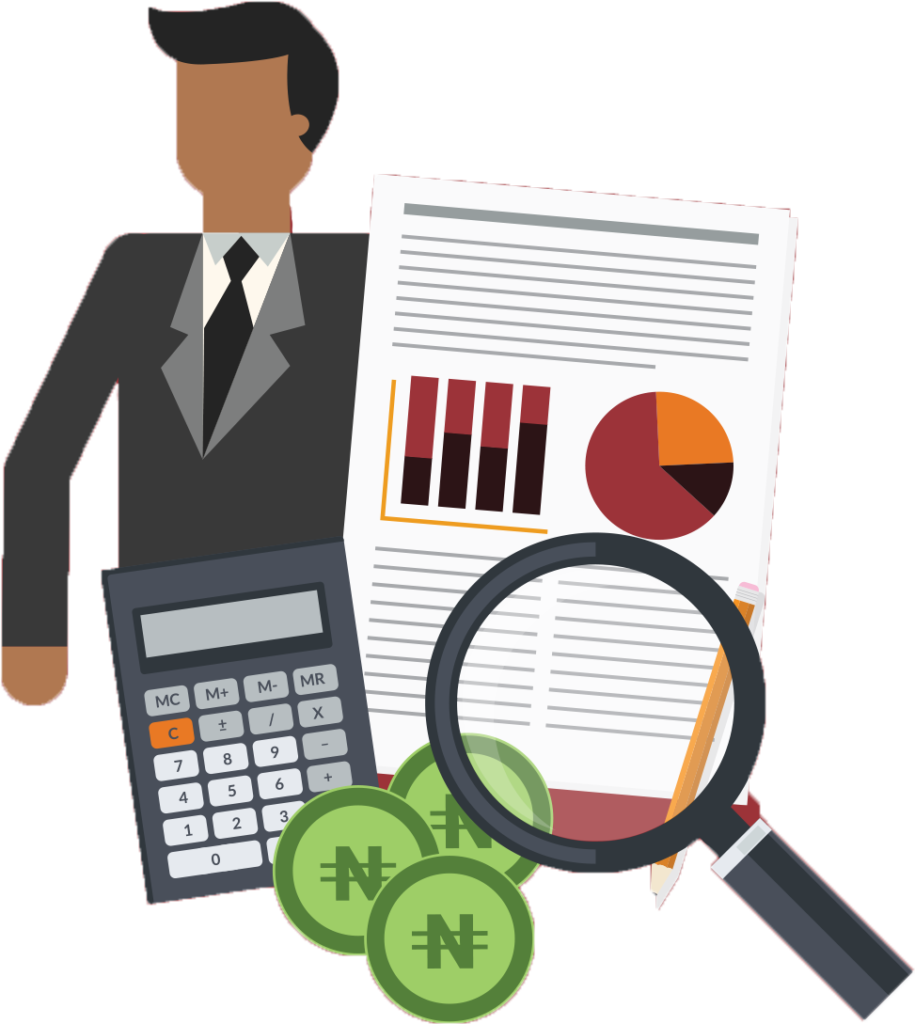Understanding Accounting: What It Is and Why It Matters

Hey there! Today, let’s talk about a subject that’s essential for businesses and individuals alike—understanding accounting. Whether you’re managing your personal finances or running a company, understanding accounting is crucial for keeping track of financial health. So, let’s break it down!

What is Accounting?
At its core, understanding accounting means grasping the process of recording, summarizing, and analyzing financial transactions. It helps individuals and organizations keep track of their financial standing. Think of it as the language of business; without accounting, you wouldn’t know where you stand financially. It answers important questions like: “How profitable are we?” or “Can I afford this expense?”
Accounting is not just about numbers; it’s about making informed decisions, building trust with stakeholders, and ensuring long-term financial sustainability.https://www.accountingcoach.com/accounting-basics/explanation
Types of Accounting
There are several types of accounting, each serving a distinct purpose. Understanding these types is key to understanding accounting as a whole.
1. Financial Accounting
Financial accounting focuses on preparing financial statements for external stakeholders like investors, creditors, and regulatory agencies. It follows strict guidelines, such as the Generally Accepted Accounting Principles (GAAP) or International Financial Reporting Standards (IFRS), to ensure accuracy and transparency. Financial statements like the balance sheet, income statement, and cash flow statement provide a snapshot of an organization’s financial health.
2. Managerial Accounting
Also known as management accounting, this type is internally focused. It helps internal management make informed decisions by analyzing costs, budgets, and performance metrics. Understanding accounting in the managerial context means learning how to use financial data to guide strategic planning, resource allocation, and budgeting.
3. Tax Accounting
Tax accounting specializes in preparing tax returns and ensuring compliance with tax laws. Tax accountants help individuals and businesses minimize tax liabilities while staying compliant. Effective tax accounting requires a deep understanding of tax regulations to reduce taxes legally and maximize savings.
4. Forensic Accounting
Forensic accounting involves investigating financial discrepancies, fraud, or embezzlement. Forensic accountants often collaborate with law enforcement agencies to uncover illegal financial activities. Understanding forensic accounting is important for detecting fraud and ensuring financial integrity.
5. Auditing
Auditors review and verify the accuracy of financial statements, ensuring compliance with accounting standards. Auditing helps build trust among stakeholders and can prevent financial mismanagement or fraud. Both internal audits (conducted by company employees) and external audits (by third-party firms) serve to maintain transparency and accountability.

Forensic Accounting: This type involves investigating financial discrepancies and fraud. Forensic accountants often work with law enforcement to uncover illegal activities and provide expert testimony in court.
Auditing: Auditors review and verify financial statements to ensure accuracy and compliance with accounting standards. This process builds trust among stakeholders and can prevent fraud.
Understanding Accounting: Why and Where to Use Them
Accounting follows several key principles and rules, such as the Generally Accepted Accounting Principles (GAAP) or International Financial Reporting Standards (IFRS). These guidelines ensure consistency, reliability, and transparency in financial reporting. Here’s why they matter:
- Accuracy: Following established rules helps prevent errors and ensures that financial data is accurate.
- Transparency: Proper accounting practices promote trust among stakeholders, as they know the financial information provided is reliable.
- Decision-Making: Accurate and transparent financial data allows individuals and businesses to make informed decisions about investments, budgeting, and resource allocation.
You can use accounting in various situations, from managing your personal budget to running a business. It helps you understand where your money is going, identify areas for improvement, and plan for the future.
Final Thoughts
Accounting might seem daunting at first, but it’s an invaluable tool that can empower you in managing your finances. Whether you’re an individual trying to budget or a business owner aiming for growth, mastering accounting principles can set you on the right path. So, embrace the world of accounting and watch how it transforms your financial life!





Your commitment and passion resonate in every section you pen. It’s absolutely commendable.
Your dedication and passion radiate in every paragraph you write. It’s infectious!
Your writing speaks to the soul. It doesn’t just touch the intellect; it resonates on a deeper level, making the reader pause and reconsider the way they see the world. I find myself thinking about your words long after I’ve finished reading, and I know this is a piece I’ll return to again and again.